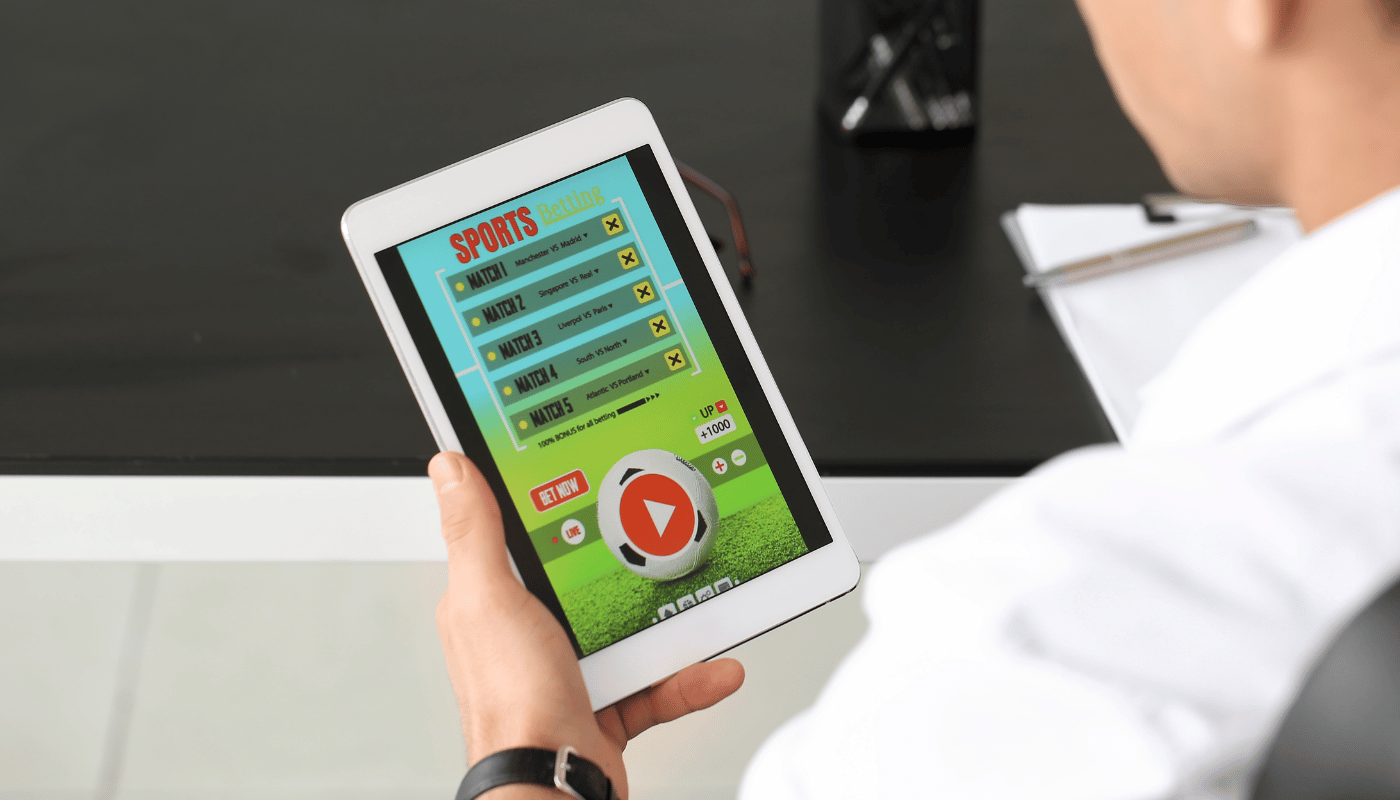Concussions, a type of traumatic brain injury, can produce a variety of symptoms that extend beyond headaches and dizziness. Among the lesser-known effects is the possibility of auditory symptoms, such as ringing in the ears, known as tinnitus. Individuals recovering from a concussion may wonder “do your ears ring when you have a concussion?” as this symptom can be unexpected and unsettling.
Tinnitus, or a persistent ringing, buzzing, or hissing in the ears, is often associated with hearing issues, but it can also be triggered by head injuries like concussions. Understanding the link between concussions and ear ringing can help individuals recognize this symptom as part of their recovery process and seek appropriate treatment if needed. This article will explore the connection between concussions and tinnitus, the underlying causes, and strategies to manage and treat this condition effectively.
Understanding Concussions and Their Symptoms
A concussion is a mild traumatic brain injury (TBI) that occurs when a sudden impact or jolt causes the brain to move within the skull, potentially damaging brain cells and disrupting normal brain function. Concussions can result from a range of incidents, such as sports injuries, car accidents, falls, or any direct blow to the head or body. While they are often considered mild, concussions can produce various symptoms that may interfere with daily life and require careful management.
Concussion symptoms vary widely, depending on the individual and the severity of the injury. Common physical symptoms include headaches, dizziness, nausea, and sensitivity to light and sound. Cognitive symptoms can affect concentration, memory, and mental clarity, leading to confusion or difficulty focusing. Additionally, some individuals report emotional changes, like irritability or sadness, as well as sleep disturbances.
Among these symptoms, auditory issues like ear ringing, or tinnitus, can also arise. This prompts the question, do your ears ring when you have a concussion? In fact, tinnitus is a relatively common symptom associated with concussions, often triggered by the brain’s response to trauma. Ringing in the ears can be unsettling and may persist during the concussion recovery process, requiring specific treatment strategies to manage.
Understanding these symptoms helps individuals recognize the effects of a concussion and take the necessary steps toward recovery. Since symptoms can change or intensify in the days following the injury, monitoring them closely and seeking medical advice if they worsen is essential for a safe recovery.
The Connection Between Concussions and Ear Ringing (Tinnitus)
Concussions can cause a variety of physical and neurological effects, with tinnitus, or ringing in the ears, being one of the auditory symptoms often reported. Many individuals experiencing this may wonder, do your ears ring when you have a concussion, as tinnitus can add an unexpected and sometimes distressing element to recovery. Understanding how concussions contribute to tinnitus involves examining the impact of brain trauma on auditory pathways and the nervous system.
The brain plays a critical role in processing sound, interpreting signals from the inner ear and other areas involved in hearing. When a concussion occurs, the shock can disrupt neural pathways responsible for managing these auditory signals, leading to an abnormal perception of sound, commonly referred to as tinnitus. This ringing or buzzing can vary in intensity and duration, and for some individuals, it may persist well beyond the initial concussion.
The following mechanisms help explain how concussions may lead to tinnitus:
- Auditory Nerve Damage: Concussions can damage the auditory nerve, which transmits sound signals from the inner ear to the brain. This damage can interfere with normal sound processing, resulting in tinnitus.
- Disruption in Blood Flow: Head trauma may impact blood flow to the ear or brain regions involved in auditory processing, causing abnormal sounds.
- Changes in Brain Activity: A concussion can alter the brain’s electrical activity, sometimes leading to hyperactivity in areas associated with hearing, which may contribute to tinnitus.
- Inflammation and Swelling: Inflammatory responses to brain injury may affect the auditory system, leading to sensations like ringing or buzzing in the ears.
Each of these mechanisms highlights how concussions can trigger tinnitus, a condition that can be challenging to manage and adds complexity to the recovery process. The persistent sound can interfere with concentration, sleep, and daily functioning, amplifying the overall impact of the concussion.
Recognizing tinnitus as a possible consequence of a concussion is important, as it helps individuals understand that this symptom may be a normal part of the injury. For those struggling with ongoing tinnitus, knowing the physiological reasons behind it can provide reassurance and guide them toward seeking appropriate treatments and coping strategies.
Recognizing Tinnitus as a Symptom of Concussion
Tinnitus, or ringing in the ears, can stem from various causes, including prolonged exposure to loud noise, certain medications, and even age-related hearing loss. However, many people who experience tinnitus following a head injury may ask, do your ears ring when you have a concussion. Understanding how concussion-induced tinnitus differs from other types can help individuals identify if their ear ringing is related to their head injury.
Concussion-related tinnitus often occurs immediately after the injury or within days as the brain reacts to trauma. The ringing or buzzing can vary in pitch and intensity, sometimes becoming more noticeable in quiet environments or when trying to focus. Identifying tinnitus as a concussion symptom often involves observing the onset of ear ringing in relation to the head injury and noting any accompanying symptoms, like dizziness, balance issues, or headaches, which commonly occur with concussions.
Below is a table highlighting differences between concussion-induced tinnitus and tinnitus from other causes:
| Cause of Tinnitus | Characteristics | Associated Symptoms |
| Concussion | Begins after head injury; intensity may fluctuate | Dizziness, headaches, sensitivity to light/sound |
| Noise Exposure | Gradual onset from loud environments; often permanent | Hearing loss, sensitivity to loud sounds |
| Medication Side Effects | Onset linked to medication usage; may stop after discontinuation | Dizziness, other drug-specific side effects |
| Age-Related Hearing Loss | Develops slowly with age, often permanent | General hearing decline, especially in high ranges |
By comparing these characteristics, individuals can better determine if their tinnitus is likely related to a recent concussion or another factor. Concussion-induced tinnitus is unique in its rapid onset following head trauma, often accompanied by other concussion symptoms. Recognizing this distinction can help in addressing tinnitus as a part of overall concussion care.
If the ringing persists, worsens, or interferes significantly with daily activities, seeking guidance from a healthcare professional is advisable. Concussion-related tinnitus can sometimes improve over time with proper management and rest, and knowing its likely cause provides reassurance and a path toward appropriate treatment.
Managing and Treating Tinnitus After a Concussion
Managing tinnitus after a concussion can be challenging, especially since the ringing in the ears may persist and impact concentration, sleep, and quality of life. For those wondering do your ears ring when you have a concussion and how to address it, understanding treatment options is essential. While tinnitus may fade with time, certain strategies can help alleviate symptoms and improve comfort during recovery.
Treatment for concussion-related tinnitus usually involves a combination of approaches that address both the physical and emotional impact of ear ringing. Since tinnitus often has no cure, the goal of treatment is to reduce its severity and minimize its effect on daily life.
Here are some common management and treatment options for tinnitus after a concussion:
- Sound Therapy: Playing background noise, such as white noise or soft music, can mask the ringing and make it less noticeable.
- Cognitive Behavioral Therapy (CBT): CBT helps individuals manage the emotional impact of tinnitus by teaching coping strategies and reducing stress.
- Hearing Aids or Masking Devices: For those with hearing loss, hearing aids or masking devices can help amplify external sounds and diminish the perception of ringing.
- Medications: In cases where tinnitus causes significant anxiety or sleep issues, certain medications may be prescribed to ease these secondary symptoms.
- Mindfulness and Relaxation Techniques: Practices like meditation, deep breathing, and yoga can reduce stress, which may help lessen the intensity of tinnitus.
These approaches can provide relief and make it easier to cope with tinnitus, especially during the initial stages of concussion recovery. Sound therapy and relaxation techniques, in particular, can be practiced at home, allowing individuals to find relief on their own terms.
For persistent or severe cases of tinnitus after a concussion, consulting a healthcare provider is recommended. Specialists can tailor a treatment plan to address specific needs and ensure that any related symptoms, like dizziness or balance issues, are also managed effectively. By exploring these options, individuals can better manage tinnitus, supporting a smoother recovery from their concussion.
When to Seek Medical Attention for Post-Concussion Tinnitus
While mild tinnitus following a concussion often fades over time, there are certain cases where seeking medical attention is essential. For those experiencing prolonged or severe symptoms, the question do your ears ring when you have a concussion becomes more than just a concern—it’s a signal that professional help may be needed to manage the condition effectively.
Persistent tinnitus that lasts for weeks or grows in intensity could indicate underlying issues that require medical evaluation. If the ringing is accompanied by other severe symptoms, such as worsening headaches, significant dizziness, or memory problems, these may be signs that the concussion has led to more complex complications. Additionally, tinnitus that interferes with sleep, concentration, or daily functioning should be addressed by a healthcare provider to explore treatment options that can help improve quality of life.
A doctor can conduct a thorough evaluation to determine if further treatment is necessary, possibly involving specialized auditory or neurological assessments. In some cases, referrals to audiologists, neurologists, or physical therapists with experience in concussion recovery may be recommended. By consulting a professional, individuals can receive tailored advice and treatment for tinnitus, ensuring that both the primary concussion and any secondary symptoms, like tinnitus, are properly managed.
Seeking timely medical intervention provides peace of mind and supports a more comprehensive approach to recovery, allowing individuals to address any lingering symptoms and achieve a smoother healing process.
Lifestyle Adjustments to Support Recovery from Concussion-Related Tinnitus
Dealing with tinnitus after a concussion can be challenging, especially as it may interfere with daily routines, concentration, and overall quality of life. For those who ask, do your ears ring when you have a concussion, knowing that lifestyle adjustments can play a supportive role in managing symptoms offers comfort. By making simple changes, individuals can reduce tinnitus intensity and improve their recovery experience.
Incorporating specific lifestyle practices can help alleviate the burden of tinnitus and promote a calm, conducive environment for healing. Below are some adjustments to consider:
- Maintain a Quiet, Restful Environment: Minimizing exposure to loud sounds and creating a peaceful setting at home can help reduce the ringing sensation.
- Practice Regular Sleep Hygiene: Establishing a consistent sleep schedule and ensuring adequate rest can lower stress levels and lessen tinnitus intensity.
- Limit Caffeine and Alcohol Intake: Both caffeine and alcohol can aggravate tinnitus in some individuals, so reducing or avoiding these substances may provide relief.
- Engage in Gentle Exercise: Activities like walking, yoga, and stretching promote circulation and reduce stress, which can be beneficial for managing tinnitus symptoms.
- Stay Hydrated: Drinking enough water supports overall health and may help reduce the perception of tinnitus for some individuals.
These lifestyle changes help create a balanced environment that supports both mental and physical health during recovery. Restful surroundings, mindful hydration, and balanced routines can all make a noticeable difference in reducing the frequency and intensity of tinnitus.
While lifestyle adjustments alone may not eliminate tinnitus, they play a valuable role in creating a supportive environment that eases symptoms. Individuals who make these changes often find that they experience fewer disruptions, allowing them to focus on the recovery process and regain control over their daily lives. When combined with medical advice, these adjustments contribute to a comprehensive approach to managing concussion-related tinnitus.
Conclusion
Experiencing tinnitus, or ringing in the ears, after a concussion can be a distressing symptom, leaving individuals to wonder, do your ears ring when you have a concussion and how long it might last. Understanding the connection between concussions and tinnitus helps people recognize this symptom as a possible part of their recovery. While mild cases may improve with time and self-care, persistent or severe tinnitus often requires professional evaluation.
Seeking guidance from healthcare providers is crucial, especially when tinnitus impacts daily functioning or is accompanied by other concerning symptoms. A doctor’s expertise can ensure that both the concussion and tinnitus are managed effectively, providing a path to a smoother and more complete recovery. By staying proactive and informed, individuals can better cope with post-concussion tinnitus and focus on their overall health and healing.


